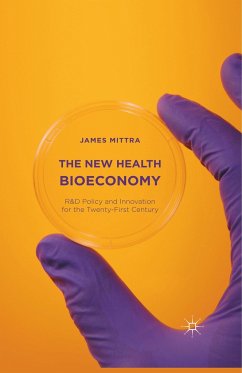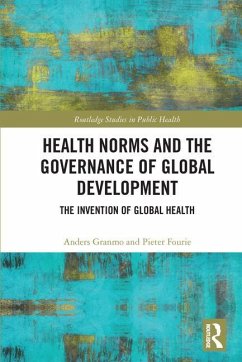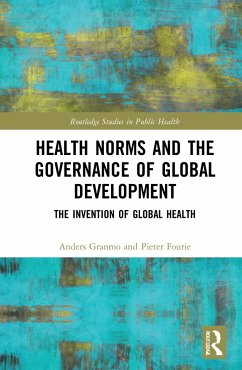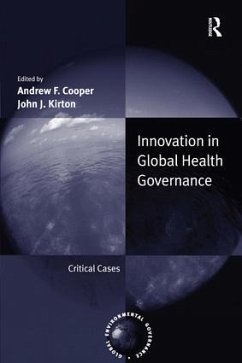Nicht lieferbar
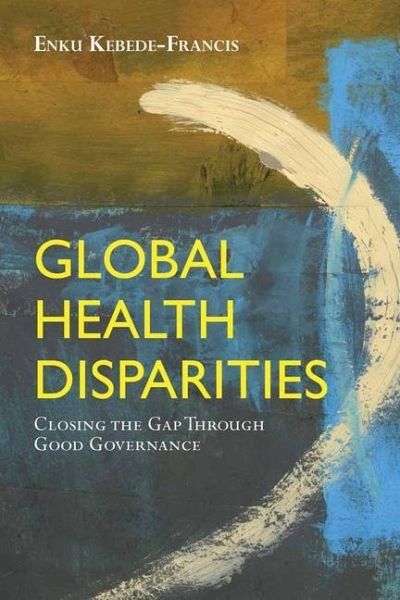
Global Health Disparities: Closing the Gap Through Good Governance
.
Versandkostenfrei!
Nicht lieferbar
One hundred countriesmore than half of the worlds populationhave made significant strides in the last 30 years, improving life expectancy and the health of their populations. Despite socioeconomic limitations including extended wars and economic embargos as well as geographic limitations, these countries managed to provide basic health care, primary education, and clean water for their populations. In this unique book, with a foreword by the former Deputy Director-General of WHO, the author puts these, and many other countries, under the microscope through a detailed examination of best practi...
One hundred countriesmore than half of the worlds populationhave made significant strides in the last 30 years, improving life expectancy and the health of their populations. Despite socioeconomic limitations including extended wars and economic embargos as well as geographic limitations, these countries managed to provide basic health care, primary education, and clean water for their populations. In this unique book, with a foreword by the former Deputy Director-General of WHO, the author puts these, and many other countries, under the microscope through a detailed examination of best practices and best outcomes. How did they reach their present high level of life expectancy? How might future development programs be enhanced and what can other, still-developing countries learn from these examples? Should development assistance programs in the 21st century be based on teaching rather than giving unconditionally? Anchored on landmark UN declarations, and based on numerous indices including the World Development Index, all these questions are addressed.




